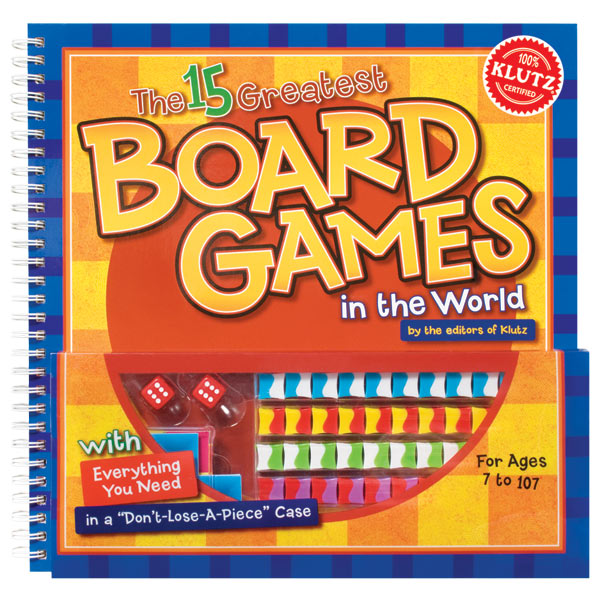Board games are played for fun, mostly for social bonding within a family, or peers, or college dorm mates. These board games are inexpensive and most can accommodate large number of players. Aside from pure fun, board games also develop different sets of skills for children, like social and even motor especially for toddlers.
The most important benefit of board games, however, is their potential of honing analytical skills in kids. As much as possible, analytical skills should be refined as early as possible since these are rather useful later in their schooling for subjects like Science and Mathematics and subsequently, in more focused endeavors like Finance and the Hard Sciences.

Around the world, board games are well-stocked in specialty, department, and online stores, too; you wouldn’t have to look for them high and low. If you are wildly interested in purchasing board games, below are the top four highly-recommended ones that promote analytical thinking in kids (and yes, adults, too):
- Scrabble— It is a fact that Scrabble is more on developing a child’s linguistic and vocabulary pool, but it is not actually limited to those only. The scoring system of this word game would likely develop a child’s analytical skills. For example, kids might opt in using the letter “S” more prudently since it allows “combos” in conjunction to utilizing the premium squares.
- Chess— Indeed, chess is a board game. Unlike other board games where several people can participate in playing, this one only allows two players. Chess is known to drastically test the cognitive functions of people. Inherently, chess is a strategy game that needs careful planning and application of tactics. It also goes both ways, players take account the skill of the opponents and his / her current scheme being deployed – lots of analyzing here.
- Monopoly— The weird truth is, Monopoly is won by those people who are great in manipulating others. Luck plays a huge part in the game but it can easily be countered by persuading other players into taking up offers even if they are heavily one-sided. The analytical part of Monopoly shows up in resource management. Players must wisely choose what string of properties to pursue, what to give up, and what to improve. All of these are simultaneously processed while balancing one’s own finances.
- Cranium— Among all of the board games mentioned, Cranium is the only one that is “exhaustible”. Meaning, there will come a time that the kids had memorized all of the puzzles and activities. Nonetheless, Cranium is a noteworthy board game because it a collection of several and varied activities that range from drawing to performing charades. Since the activities in this board game has time constraints, rapid decision-making is needed, as well as skills in unscrambling words and informed guessing.
In Denmark, for example, board games do not only promote such skill in their kids but playing them provide as a favorite family past-time especially during the cold, harsh winters. This is one of the reasons why Danish specialty and online stores display quite a number of board and family games in their store shelves.
The abovementioned board games help the development of children’s analytical skills. All of these board games are cheap and easy to find. Now, the challenge is not on finding the board games but, truthfully, in persuading the kids in playing them.
Jasper Dela Cruz is a toy enthusiast.

